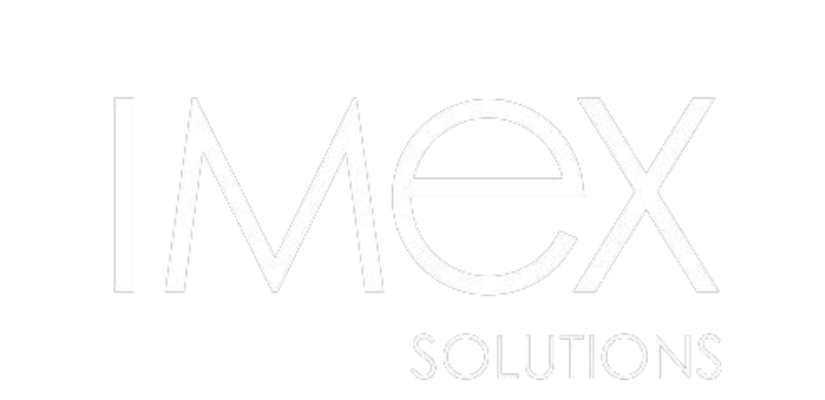EDM for Desktop Users
Duration:
½ day
Objective:
At the end of this course attendees will gain a working knowledge of managing electronic objects. This course is intended for those users who will be searching for existing records and/or are responsible for registering their electronic objects.
Content:
It covers Offline Records and the integration of TRIM with desktop applications including email systems, which allow electronic objects to be saved into TRIM. Electronic document management aspects of revision control, version control, check in and check out along with the establishment of relationships between records.
EDM for the Administrator
Duration:
1 day
Objective:
At the end of this course attendees will gain a working knowledge of how to plan and configure an electronic document management (EDM) environment for use. Attendees will develop a broad understanding of Trim’s EDM environment in order to configure as well as to facilitate effective discussions for IT involvement.
Content:
It covers all aspects of the administration and use of Trim’s EDM environment including the setup of stores, queues, the Offline Records environment, viewers, Explorer extensions and integration to desktop applications including email systems.
Enquiry
½ day
Objective: This course is designed for staff that will be given ‘enquiry level’ access to TRIM Context. Primarily aimed at those users who would like to perform searches, generate reports and make requests for records.
Content: introduction to the concepts of records, locations, and security within TRIM. How to perform simple and advanced searches. Entering and reviewing record requests. Printing standard reports
MF Content Manager - Power User
Duration:
2 consecutive days
Objective:
At the end of this course attendees will gain a working knowledge of Trim’s major functional areas and user configurable options. This course is aimed at those who require extensive access to Trim’s functionality (eg. Records staff) who will usually be involved in performing the day to day updating tasks on records in the system.
Content:
This covers the creation of records using the various titling and numbering methods, creation of volumes and the overall maintenance of records such as changes in locations, establishing relationships between records, modify titles, running reports and applying retention and disposal schedules, and user configuration. Other aspects covered include the searching for records, enclosing documents intofiles, attaching notes, working with contacts, thesaurus terms (if applicable), fulfilling request, use of bar-codingetc.
Thesaurus
½ day
Objective: After this course attendees will gain a working knowledge of Trim’s thesaurus component. Understand its methods of use and to be able to administer and manage an online thesaurus.
Content: Introduction to the Thesaurus and concepts including Top Terms, Keyword Terms, Narrower Terms, Broader Terms. Discuss the use of the Thesaurus as an indexing and/or titling tool. Set up a Thesaurus using all features like Top Terms, Node Label, Prompt and all possible relationships.
Classification
1 day
Objective: At the end of this module participants will be able to create a functional Classification system into TRIM.
Content: It covers the setup of a classification system with an emphasis on setting default values based on specific classification levels. Create records based on the classification text and/or numbering. Describe legal and illegal operations based on classification levels. Explain the difference between subordinate levels and record numbering pattern. Numbering pattern characters will also be explained.
Document Content Indexing(DCI)
½ day
Objective: At the end of this course attendees will gain a working knowledge of Trim’s document content configuration options and use.
Content: This covers the creation of document content indexes, ensuring the proper working conditions to allow for document content indexing. Gain proficiency in using the comprehensive searching facilities offered in full text retrieval.
Advanced Workflow
1 day
Objective: At the end of this session attendees will learn how to defined workflow templates which define the activities, conditions, input and output documents if applicable and the results of an organisation’s work process.
Content: It covers the design of workflow templates and their use. Describe ad hoc workflows. How to initiate/start a workflow and to report and gather statistical based information. Manage the deliverables of workflow activities. Establish notification parameters based on predetermined dates.
Action Tracking
1 day
Objective: At the end of this course attendees will have a working knowledge of the creation and use a record centric, action tracking environment.
Content: An explanation of Action tracking elements namely tasks and procedures. Learn how to apply an action to a record. Understanding reporting and gathering statistical information based on the progress of action/procedures. Dealing with action tracking notifications.
